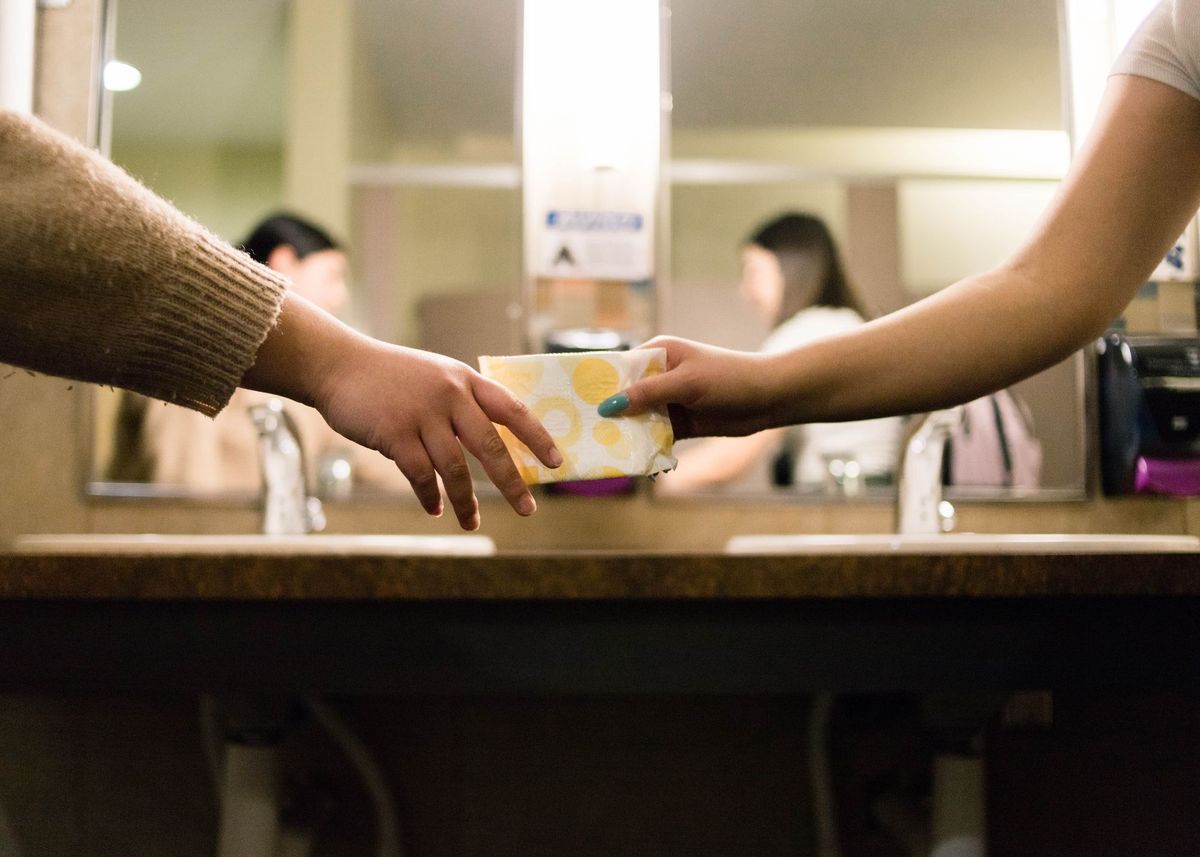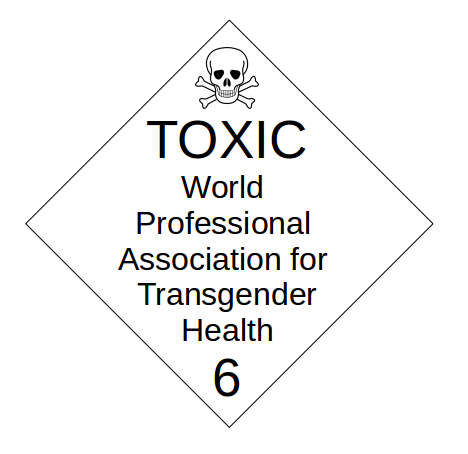Why should period stigma hold back girls and women?

Here’s a little secret: If boys look at you carrying a box of tampons or sanitary pads, they won’t suffer a heart attack, trust me.
Out of all the things women are made to feel ashamed of, a natural and biological process like menstruation is heavily stigmatized. Even today, in Indian schools, teachers don’t teach their students about menstruation. I have heard many stories about teachers skipping the chapter on ‘the reproductive system’. Even if I think hard, I can’t recollect any memory of my teacher teaching our class about menstruation. In many schools, girls, and boys are told to sit separately to learn a chapter on the human reproductive system. The cycle continues when the same kids grow up to be parents and never teach their sons and daughters about menstruation.
Lack of knowledge can cause harm to an extent we couldn't have imagined. When girls aren’t taught about menstruation the right way, they may not be able to choose the right menstrual product for themselves. Moreover, they may feel that something is wrong with their bodies or that they are sick. It can restrict women’s behavior in society; they feel confined to their homes, considered as ‘bad luck,’ or even excluded from public activities just because they are menstruating. When she pushes a baby out of her, you rejoice and congratulate her. But when she bleeds out of the same body part, she becomes 'impure' and 'bad luck' for you?
When we say ‘girls’, we should neither forget girls living in rural or underprivileged areas nor should we assume that girls living in urban areas have it easy. The conditions are different but not ideal. Even women living in urban areas suffer because of period stigma and myths. In many homes, women are not allowed to pray, cook, or touch anyone while menstruating. People believe that since menstruating women are impure, they will make things impure by touching them. Some believe that women should not eat pickles or tomato ketchup during periods. They are served food in separate utensils and in a different room. The fact that they are treated almost like untouchables during menstruation is quite appalling. When the wounds that her husband gave her bleed, no one bats an eye. But the blood that is not born out of violence is ‘bad luck.’
When she pushes a baby out of her, you rejoice and congratulate her. But when she bleeds out of the same body part, she becomes 'impure' and 'bad luck' for you?
However, the stigma around menstruation isn’t just about myths or unawareness. If there is a lack of knowledge, it leads to a lack of sanitation facilities, waste management, and healthcare services. This is referred to as Period Poverty. Period poverty results due to gender inequality and poor financial conditions. If people don’t understand menstruation, how will they create proper sanitation facilities for women? How will they understand health conditions like Polycystic Ovarian Syndrome (PCOS)? If they don’t understand the health conditions relating to menstruation, how will they take their daughters to a medical professional? One thing leads to the other, and things never change.
When the wounds that her husband gave her bleed, no one bats an eye. But the blood that is not born out of violence is ‘bad luck.’
According to the World Bank, as many as 500 million women across the globe lack access to basic menstrual products and hygienic bathroom facilities for use during their menstrual cycles. In India, research has indicated that 71% of girls do not have “knowledge of menstruation before their first period.” In African countries, millions of girls use rags, leaves, or cow dung instead of sanitary pads or tampons. They also trade sanitary pads with sex. They have to prostitute themselves for something as basic as a sanitary pad. How cruel of the men who violate young girls just for a sanitary pad! Needless to say, poor living conditions force them out of school after they attain puberty. Such extreme poverty is hard to imagine for most of us. There are several NGOs all over the world that are working towards ending period poverty, but still, the problem persists on a deeper level.
NGO campaigns or government programs should not be the only factors paving the way for change. Period poverty and the stigma around menstruation will come to an end only when girls are taught that it is a natural process that is going to occur every month. It is normal. It does not mean ‘bad luck’. It will make a huge difference when boys will be taught that laughing at period stains on a girl’s jeans does not equate to masculinity. Something as simple and obvious as menstruation should not hold girls back from working on their dreams and living with dignity. Are you ready to take the necessary steps toward ending period poverty and stigma?
Enter your email below to sign in or become a 4W member and join the conversation.
(Already did this? Try refreshing the page!)



Comments